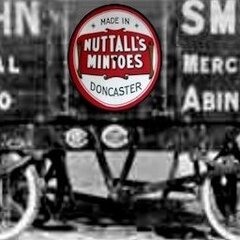I have always loved watching soul singers perform live.
Many times the experience has been greatly uplifting; Sam & Dave @ Sheffield City Hall 1967, Edwin Starr @ the Wheel & Ritz, Maxine Brown @ the Nite Owl (& Cleggy), Garnett Mimms @ the Mojo & London's Saville Theatre, Ike & Tina @ the Wheel, Maze @ Rock City, Notts, Oliver Cheatham @ a Kirkcaldy club, Sam Dees @ Morecambe & Dingwalls + Jazz Cafe London, Glen Jones @ Southport, Anita Baker @ Hammy Apollo, Isley Bros @ MGM Grand Vegas + numerous weekender acts.
On other ocassions things haven't been as great; Roy C @ the Mojo, Erma Franklin @ Intercon Dony, etc.
But some artists seem to see themselves as a 'different animal' in a live context to their recorded output.
Marvin Gaye always saw himself as the black Frank Sinatra (luckily BG stopped him turning his live shows into a MOR fest),
Nina Simone often refused to sing her hits as she was always in dispute with record companies,
Other acts went with the flow; if Motown, Stax or funk was selling that particular year, they would style their acts to reflect that fact rather than doing all their own material.
Back in the Twisted Wheel's 'glory years', just about every act that played the club would perform "Knock On Wood" even if the song was streets away in style to their own recorded output.
A couple of show reviews posted up in old copies of Billboard mag show the type of thing I'm talking about ..................
This one is from late 1965 and illustrates the material that Arthur Prysock was performing in the heyday of the 60's soul boom .............




